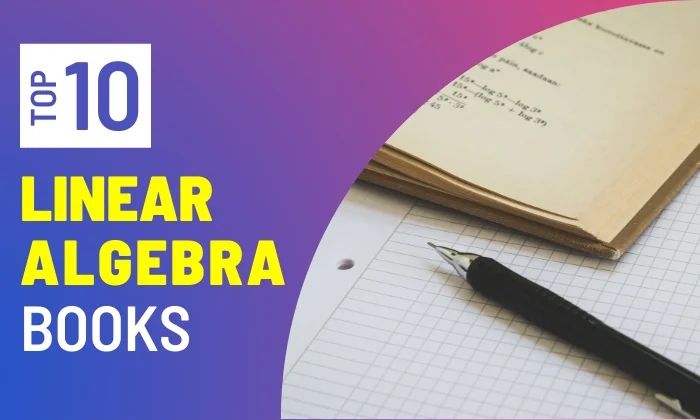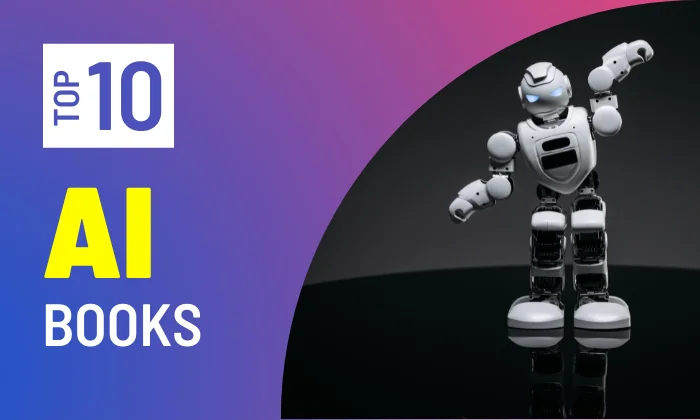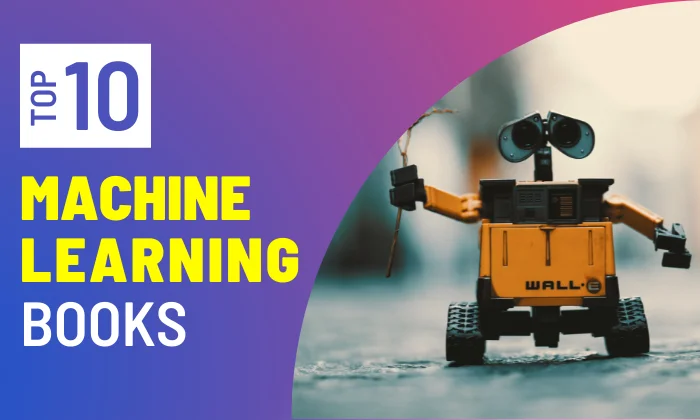These are the top 10 Linear Algebra books that will help you learn and implement Linear Algebra.

1. Linear Algebra: Step by Step
by Kuldeep Singh
Linear algebra is a key branch of mathematics that is possibly the most powerful instrument ever devised. Rather than requiring rote learning, the book’s dynamic and engaging format contains numerous question-and-answer sections to test the reader’s grasp of the methods discussed. Short historical biographies of the key players in the subject of linear algebra are often found at the beginning of sections to offer context for the topics addressed. The text’s strength lies in its enormous number of examples and detailed explanations of each topic as it is introduced. It is built up in such a way that remote learning is possible, with explicit solutions to set problems freely available on the internet.
2. Introduction to Linear Algebra 5th Edition
by Gilbert Strang
This new fifth edition has evolved into something more than just a textbook for a fundamental linear algebra course. This book demonstrates the importance of learning linear algebra. includes challenge problems to supplement the highly praised review problems from prior editions. This book, which properly teaches this vital subject, is used by thousands of teachers in colleges, institutions, and now high schools. With the use of websites and video lectures, this material is for readers all around the world. For a quick review, each chapter opens with a synopsis. We can proudly say that this textbook has revolutionized the way people learn linear algebra.
3. Linear Algebra and Its Applications 5th Edition
by David Lay, Steven Lay, Judi McDonald
This linear algebra book covers a wide range of subjects. Because the subject is given in a familiar, realistic environment, the course in this book is reasonably easy for students in the early stages. When abstract concepts are exposed to students in the actual world, they commonly hit a brick wall. This book teaches real mathematics in an informal and personal style.
By demonstrating both its beauty and value, the author tells that linear algebra is a fascinating subject, and because the principles are foundational to the study of linear algebra, students must grasp them to master the subject. The theory is motivated and reinforced by real-world applications throughout the book, allowing pure mathematicians to teach practical mathematics.
4. Linear Algebra 5th Edition
by Stephen Friedberg, Arnold Insel, Lawrence Spence
This book is best suited to a second-year linear algebra course that focuses on abstract vector spaces but can also be taught in a first-year linear algebra course with a better theoretical emphasis. This well-received theorem-proof text covers all of the major subjects in linear algebra in depth. It highlights the special bond between linear transformations and matrices, but it also presents theorems in the infinite-dimensional case when needed. There are online solutions for chosen theoretical exercises in this updated version that are accessible via short URLs at the point of use. Some theorems’ proofs have been changed, and there are new exercises in this fifth version.
5. Linear Algebra: Theory, Intuition, Code
by Mike X Cohen
Traditional textbooks usually describe linear algebra differently from how professionals utilize computers to address real-world problems in machine learning, data science, statistics, and signal processing. This book is for you if you wish to master the mathematical ideas of linear algebra and matrix analysis, as well as how to apply those concepts to computer data analysis. With a combination of hand-solved tasks and more difficult coding challenges, you’ll see all of the arithmetic principles applied in MATLAB and Python. This book contains multiple different explanations of the same ideas, which is a tried and true learning strategy to cater to problems.
6. Linear Algebra For Dummies
by Mary Jane Sterling
In plain English, this easy-to-follow book explains how and why to solve linear algebra problems. You’ll learn about matrices, vector spaces, and linear transformations, as well as how they apply to anything from genetics to nutrition to spotted owl extinction. The reader is guided by several structural and visual hints throughout the text. Each component has a clear title and introduction that explains what you should expect from it. Each chapter is more or less self-contained because it summarizes the bare minimum of information you need to know, but the book also refers back to prior and subsequent chapters if you wish to dig deeper.
7. Linear Algebra and Optimization for Machine Learning
by Charu C. Aggarwal
It is the first book that covers linear algebra and optimization together with a special emphasis on machine learning concerns. Graduate students and teachers in computer science, mathematics, and data science will benefit from this book. The chapters concentrate on the fundamentals of linear algebra and its applications to singular value decomposition. For example, a variety of machine-learning applications have been employed. The significant background in linear algebra and optimization required by newcomers in machine learning is a common issue. As a result, developing a view of linear algebra and optimization that is better suited to the special perspective of machine learning has significant significance.
8. Linear Algebra (Dover Books on Mathematics)
by Georgi E. Shilov
The author starts with the basics and works his way up to the more advanced themes, covering all of the normal topics in an advanced undergraduate or graduate course. The information is given straightforwardly and consistently. There are problems in the book, as well as a section with suggestions and answers in the back. The author has written one of the best expositions on the subject, keeping in mind the unity of algebra, geometry, and analysis in his approach and writing practice for the student who wants to acquire procedures. The book will be excellent for self-study as well as classroom use because it offers a large number of problems and examples.
9. Advanced Linear Algebra (Graduate Texts in Mathematics, Vol. 135) 3rd Edition
by Steven Roman
For the graduate or advanced undergraduate student, this book provides a complete introduction to linear algebra. A new chapter on associative algebras has been added by the author, which includes the well-known characterizations of finite-dimensional division algebras over the real field. Some arguments, such as the explanation of reflexivity, the rational canonical form, optimal approximations, and tensor product definitions, have been polished and refined by the author. With nearly a hundred references to works on linear algebra, the reference section has been greatly expanded. The proofs are nice, but the examples are few and would require the instructor’s assistance. The exercise sets are well-designed, with pointers for solving more difficult questions provided on occasion.
10. Introduction to Applied Linear Algebra: Vectors, Matrices, and Least Squares
by Stephen Boyd
This revolutionary textbook offers an innovative method of teaching linear algebra by combining basic explanations with a multitude of practical examples.
It discusses examples from data science, machine learning, and other areas of linear algebra that are relevant to engineering applications. With lecture slides, supplementary computational tasks in Julia and MATLAB, and data sets accompanying the book online, students may test their understanding and translate their knowledge into solving real-world situations. This self-contained text is appropriate for one-semester and one-quarter courses, as well as self-study. It gives starting students the foundation they need to graduate to more advanced study.
Stay tuned to AiHints for more insightful tutorials on web development, programming, and artificial intelligence. Happy coding!


